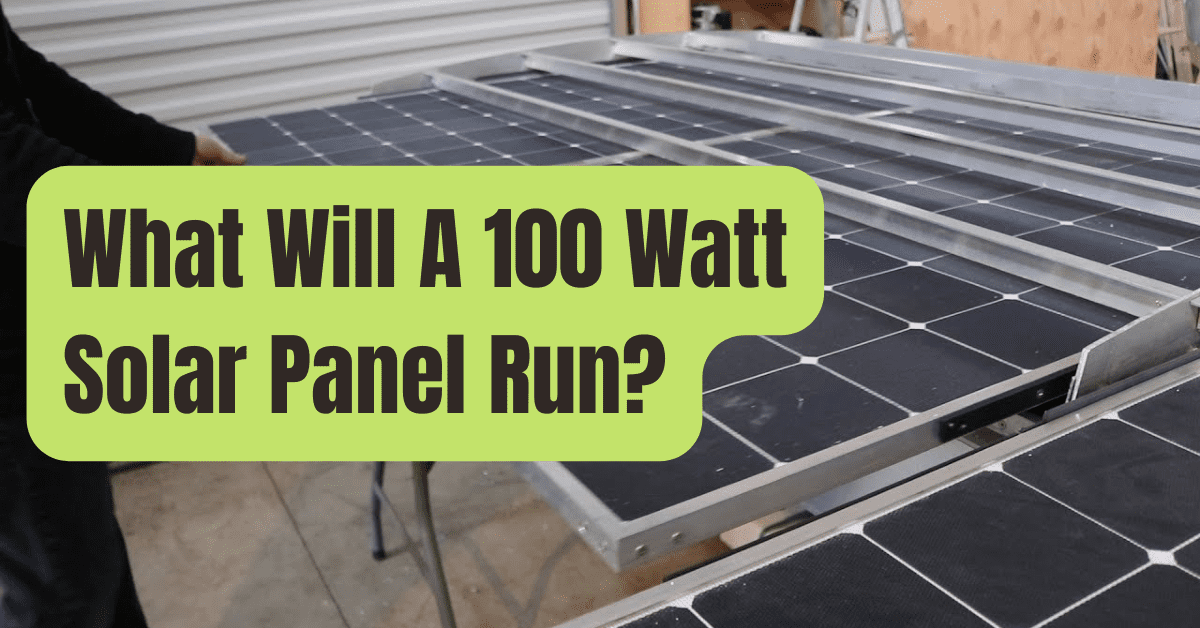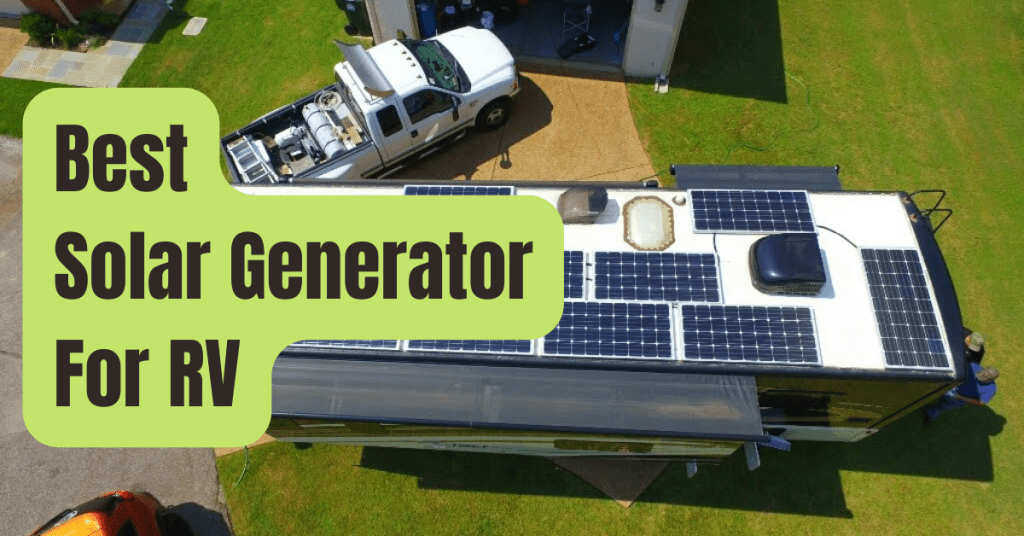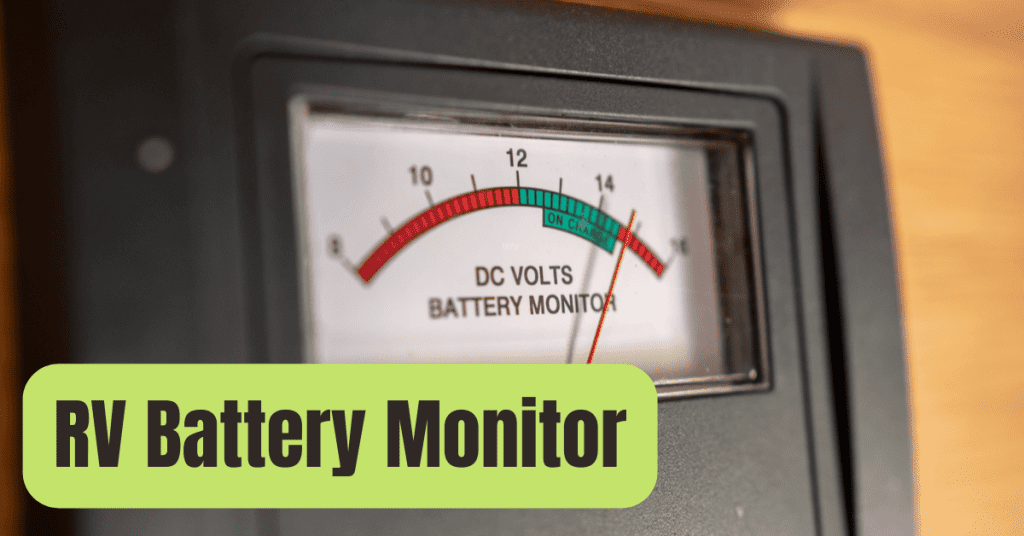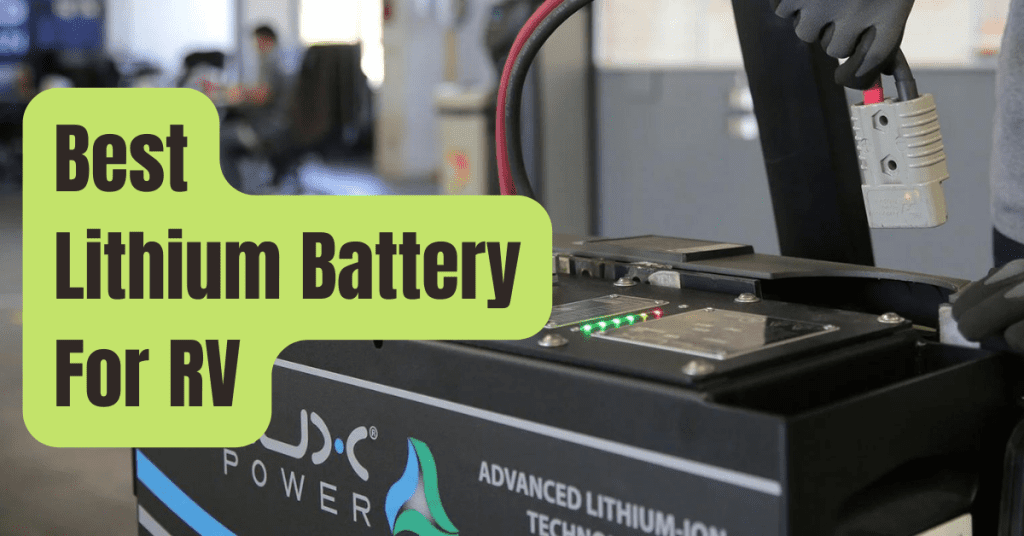The greatest approach to benefit the environment and save money is to use solar energy.
A 100-Watt Solar Panel is a useful solar energy storage device.
A solar panel is a device that collects solar energy and, with the right technology, transforms it into electricity.
Several items that are helpful at home, in your company, and even while you’re camping may be powered by this energy.
Seattle residents may utilize solar electricity generated by 100-watt solar panels for their everyday tasks.
Solar panels may be purchased alone or as part of a whole package.
The package comes with wires, a charger, a module, and brackets.
You have access to a wide range of brands, including Goal Zero, Renogy, Coleman, and Richsolar, among many others.
100-Watt Solar Panel Benefits
- They are the ideal size to tote about and bring with you since they are roughly 47 x 21.3 x 1.4 inches.
- Once you’ve bought your kit and want to try adding more, you only need to buy the solar panel. You may start with a 100-Watt Solar Panel Starter Kit to test it out.
- These solar panels are very practical and simple to operate.
100-Watt Solar Panel Applications
Cell phones, lights, ceiling fans, wifi routers, laptops, and other tiny gadgets may all be powered by a single 100-Watt solar panel.
More than one 100-Watt Solar Panel is required for larger equipment like heaters, TVs, air conditioners, and similar ones.
Produced Energy by a 100-Watt Solar Panel
These have a direct relationship with how much sunlight they get in terms of how much energy they can produce.
100 Watts is the maximum energy.
To achieve this, quality installation that is positioned in the proper angle and direction is necessary.
You may use the whole capacity under ideal sunshine conditions.
100-Watt Solar Panel with Battery Compatibility
This is a wise decision.
Due to the inability of 100-Watt Solar Panels to retain energy, all unused energy would be lost.
You can utilize solar power at night if you store it in a battery.
Lead-acid and lithium-ion (Li-ion) batteries are two examples of the many battery types that may store solar energy.
Lithium-ion (Li-ion) batteries only need a little bit more capacity than lead-acid batteries, whereas lead-acid batteries need roughly twice as much capacity to store solar energy.
However, a single 100-Watt Solar Panel is not advised if you are considering switching to solar power for your complete house.
You’ll need a more sophisticated system to provide the electricity you need.
Although using these kinds of panels to power your complete house is not advised, you may still connect some and get enough solar electricity to operate a number of appliances at home.










